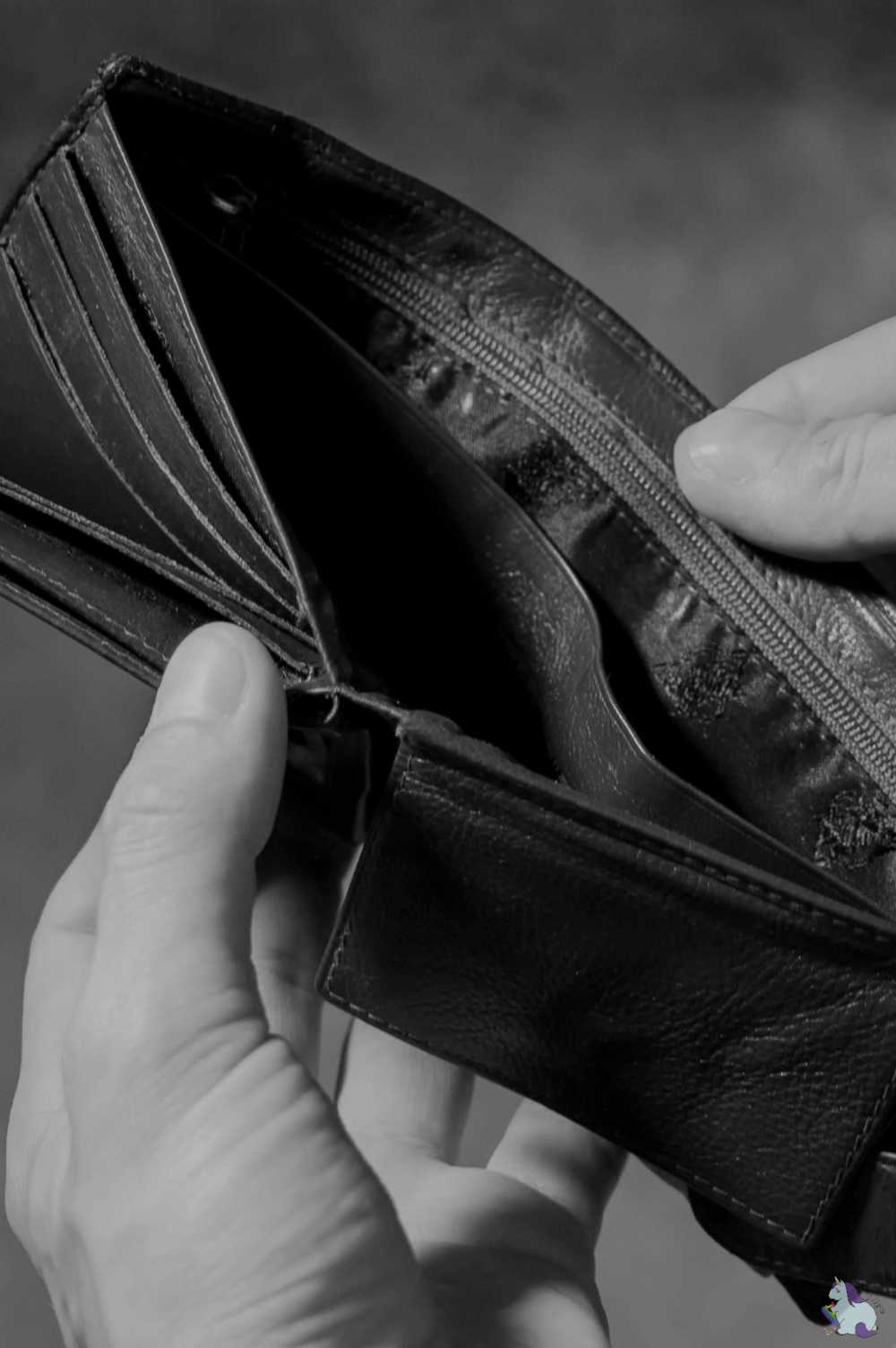Before You File For Bankruptcy…
This post is sponsored by Lexington Law Firm.
It may seem hopeless. You’ve dug a hole that feels so deep, the only way out is to dig deeper in an attempt to come out on the other side, regardless of what you’ll find there. Let’s discuss the important factors you should consider before filing for bankruptcy. I should be clear that I am not an expert or giving legal advice. The intention of this post is simply to bring up potential talking points regarding a critical decision. If you decide bankruptcy is necessary, the decision should be discussed with a professional.
I found myself out of credit a few years ago, and it felt like being trapped under a crippling weight–one I’d never be strong enough to lift. However, even as a single mom on a tight budget, I was able to claw my way out and learn how to build credit during the process.

So, before you file for bankruptcy, make sure you’ve considered all of your options.
Chapter 7 vs Chapter 13 Bankruptcy
Let’s first talk about the different types of bankruptcy, Chapter 7 and Chapter 13.
To file for Chapter 7 bankruptcy, you’ll have to meet specific income requirements. However, if you can afford to pay even some of your debts each month, you’ll have to file for Chapter 13, which sets you up with a repayment plan. With Chapter 7, most of your debts will be wiped. You may be able to protect some or all of your assets with bankruptcy exemptions. With Chapter 13, the repayment plan usually takes three to five years to complete.
Filing for either of these will result in a drastic drop in your credit score. It’s possible to recover, but the bankruptcy will be on your report for ten years for Chapter 7, and seven years from filing for Chapter 13.
Before filing, ask yourself these questions:
Have you checked your credit report for errors?
If you’re in over your head, Lexington Law can help get you on the right track for credit repair. Before you even think about filing for bankruptcy, make sure you’re looking at a fair and clean report.
Have you consulted a financial planner to see if you can budget your way out of debt?
If you have enough income, you may be able to put a plan in place that makes it possible to get your financial situation under control. Perhaps, consolidating debts is a more manageable option.
Have you considered selling some assets to alleviate a portion of the debt?
Take a good look at all of your assets: real estate, stocks, automobiles, or whatever you may have of value that could be sold. Depending on your local bankruptcy exemptions, you may wish to liquidate some of these items. Others may be protected.

Perhaps getting a second job would help bring in the funds needed to pay off your loans?
Can you request overtime from your current employer? Maybe getting a part-time job on weekends can help bring in additional income to make monthly payments more feasible.
Have you called your creditors to ask for help with interest rates?
Credit card companies don’t want you to have to file for bankruptcy. Some offer counseling services and may work with you to lower interest rates to reduce your monthly payments. It’s worth a call.
Have you asked loved ones for help?
Typically, I’d never suggest borrowing money from family and friends, as it can create a lot of stress on relationships. However, if you formulate a plan to pay them back, and it saves you from having to file for bankruptcy, it might be worth asking.
What does filing for bankruptcy do to your credit score?
It’s impossible to know exactly how much your score will be affected, but it will definitely drop. It will require good behavior and a solid rebuilding plan to get the score back up, but it’s doable.

In fact, some creditors are eager to give you another chance after filing for bankruptcy because they can charge you higher-than-average interest rates. As long as you carefully plan your credit use and make timely payments, in full, to avoid those interest charges, your credit score will start to reflect your good behavior.
Read Next: What Your Good Credit Score Can Bring to Your Marriage








This is all good information for someone considering Bankruptcy.